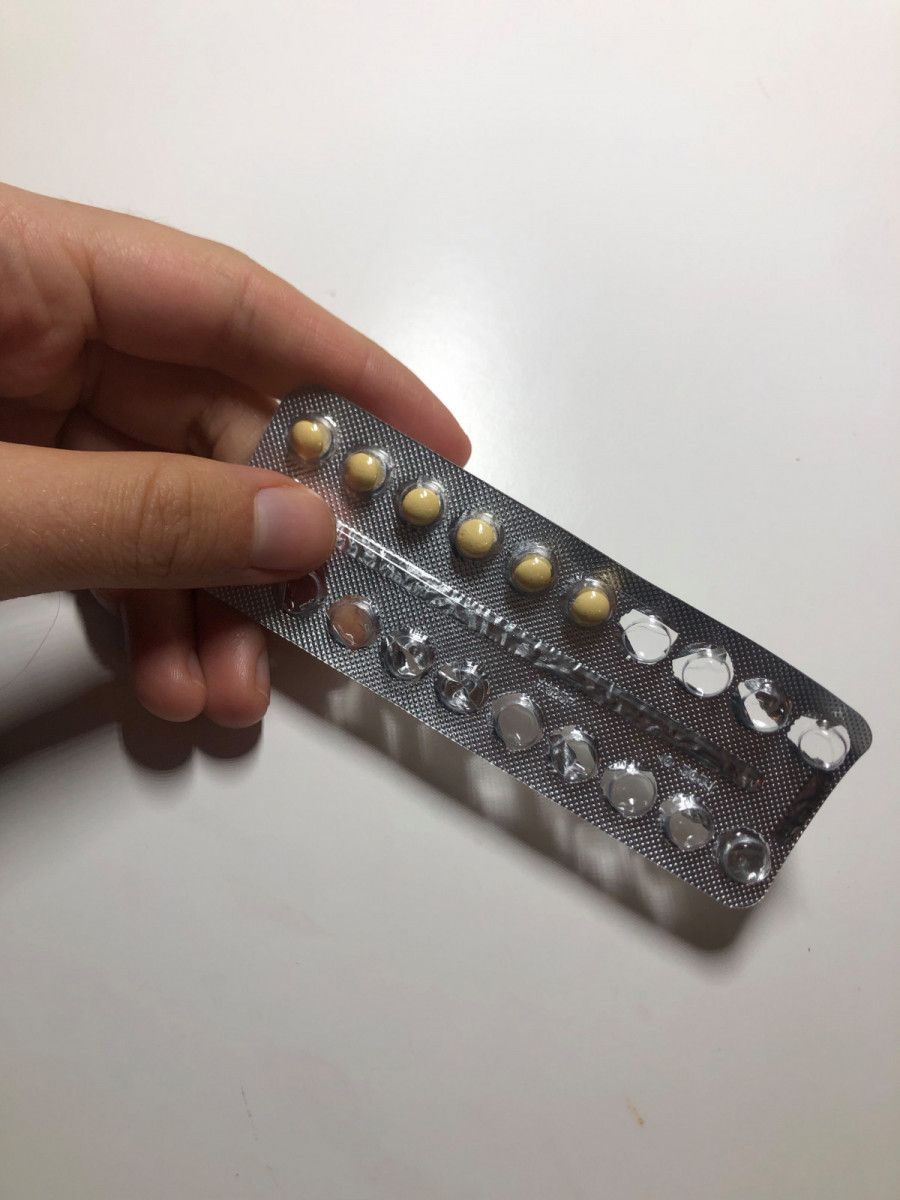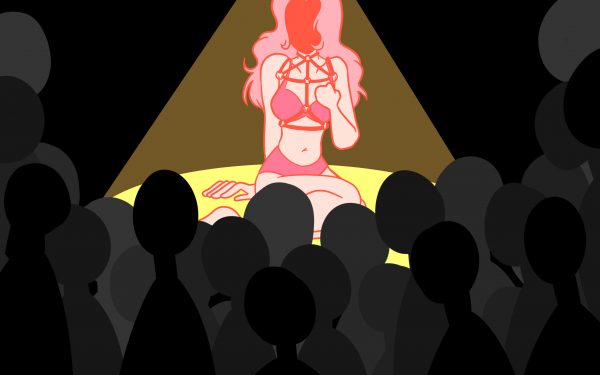Sex Ed(itorial): Is My Birth Control Ruining My Life?
How to Navigate Your Options and Self-Advocate at the Doctor’s Office
Taking your physical and sexual health into your own hands is powerful.
But, it isn’t always the most comfortable conversation to have—especially if you’re asking your 50-year-old male doctor to give you the low down on contraceptive methods. Can we say awkward?
Now more than ever, women want to—and should—have that sense of empowerment that comes with making the right choices for their body, especially when it comes to practicing safe sex. Being informed on which options are the most suitable for you and your lifestyle is a good place to start.
Every girl seems to have heard about the pill and was likely prescribed it at a young age by their family doctor. The cultural significance of this oral contraceptive method, albeit with other benefits, has made it a popular option.
Birth control pills are hormones that come in a pack, and you take one pill every day. Taking it on time is the most important factor if you want it to be effective, according to most brands’ packaging.
Not only do the hormones in the birth control pill prevent pregnancy by stopping ovulation, they offer a host of other health benefits as well. Science historian Elizabeth Siegel Watkins notes that marketing around the Pill began to change in the 1990s in an article. Oral contraceptives were being promoted, not just as a birth-control method, but as a “lifestyle drug,” with benefits like treating acne or diminishing menstrual pain.
“The most commonly used contraceptive is the birth control pill because it is affordable and efficient,” said nurse health expert Megan from Nurse-1-1. “Though, the pill does not protect against sexually transmitted infections, so the use of condoms is recommended to significantly lower your chances of contracting an STI.”
There are other contraceptive methods outside of the acclaimed birth control pill.
“The vaginal ring, internal/external condom, calendar/temperature methods, IUD (Intrauterine Device), the pull-out method, the shot, the patch and spermicides are all options,” said Elizabeth Harvey, pursuing her bachelor’s degree in Sexology at UQAM. “Each of these methods act in the body to either stop ovulation, fertilization or implantation of the embryo.” In turn, they affect the body in different ways.
It’s important to note that the pull-out and calendar methods may be less effective and should be used alongside a barrier method to increase effectiveness and protect against STI’s.
STI’s are sexually transmitted infections that are spread through contact with infected body fluids such as blood, saliva, or semen. Chlamydia is one of the common STI’s that generally have no symptoms, however it can lead to infertility in women. Getting checked regularly for STI’s is always a good idea whether you are sexually active or not.
Moreover, hormonal contraception may have an effect on your mood or behaviour. This includes the pill, patches and rings, which contain synthetics of both or one of the two female sex hormones estrogen and progestin. Women have complained of these hormones triggering emotional mood-swings since the pill came out in 1960.
The doctor is to prescribe the proper contraceptive pills to the patient based on their health history. For instance, 21-year-old Dominique Levac said a serious medical condition affected her doctor’s prescription.
“I had a blood clot in a major vessel between my eye and brain which caused me to suffer from partial vision loss,” said Levac. “I was put on blood thinners and a few months after the incident, my gynecologist decided to prescribe me on Micronor birth control, which is sure not to interact with my condition since it does not contain estrogen.”
Finding the birth control suited to you may take time, as you test out how certain types make you feel. The adverse psychological effects of the pill, such as irritability or depression, might outweigh the benefits of it.
An interview with doctor Sarah Hill, a professor of psychology at Texas Christian University and the author of the popular-science book This Is Your Brain on Birth Control , clearly encapsulates her reasons for getting off birth control pills.
“I realized hormones influence the brain, and if you change hormones you’re going to change what women’s brains do,” said Hill.
The conversation around contraception should be an open one. All of us women are in the same boat and sharing our experiences helps to slowly remove the stigma around it.







